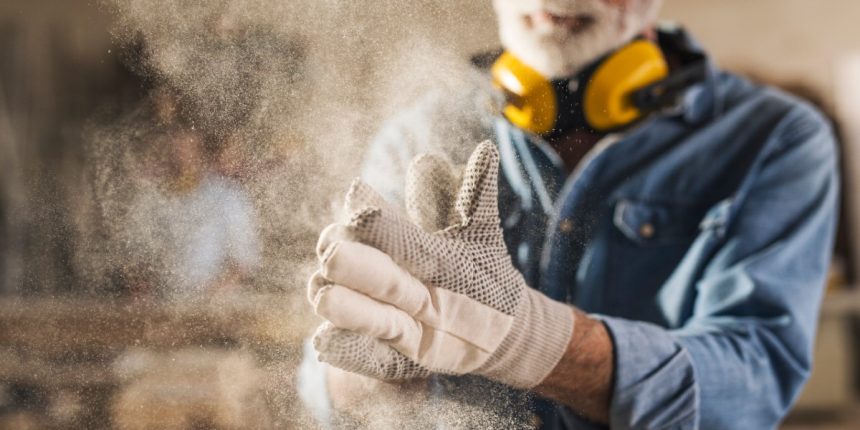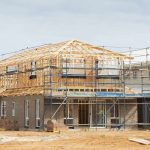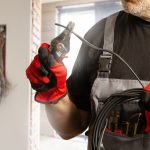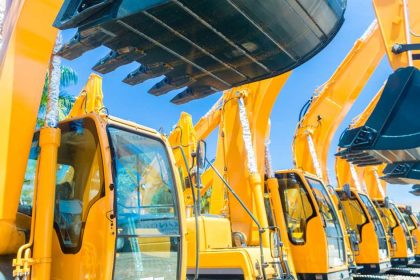The Australian Workers Union has called for greater safety regulations and support for employees affected by silicosis after a rise in cases nationwide.
The increased number of young Aussies recently diagnosed with the condition has caused concern among unions, workers and campaigners for those still undertaking high-risk crystalline silica work.
Despite being just weeks away from the July 1st nationwide ban on the importation and production of engineered stone, deadly health risks remain for those working with other silica dust-producing processes, such as concrete, bricks, tiles, mortar, sandstone and marble.
Exposure to airborne silica particles produced in the manufacturing, cutting, excavation or installation of the abovementioned products can still cause the deadly disease, which can also lead to lung cancer and other serious health issues.
There is now a groundswell among campaigners for the implementation of further safety protocols, worker support and legal consequences in remaining silica contact industries.
Safety shortcuts lead to hefty fine
The call comes after one of the largest industrial material processing companies, Sibelco, was fined more than $400,000 on Friday in the wake of several workers contracting silicosis as a result of lax safety measures.
Sibelco Pty Ltd pleaded guilty to two charges of failing to provide safe systems of work without health risks at their Nyora-based sand quarry and mill, which produces silica-based products, including silica flour, sand and gravel.
The court heard several employees were put in harm’s way by manually operated material processes between 2012 and 2020, which should have been automated to reduce worker exposure to the harmful silica dust.
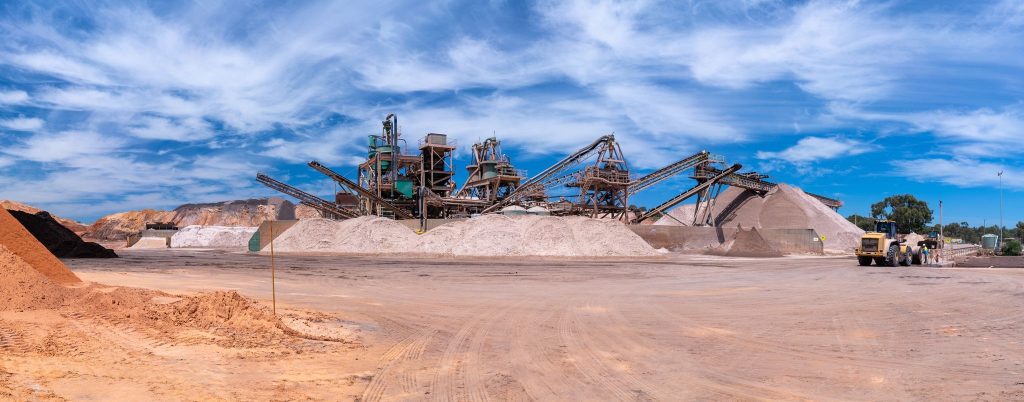
Three of those workers, Kevin Weekes, Alan Jenkins, and Craig Robertson, were diagnosed with silicosis in 2019 after CT scans showed they had each contracted the terminal disease.
A subsequent WorkSafe investigation at the silica sand processing facility found inadequate ventilation, excessive dust exposure, poor cleaning methods and a lack of required respiratory protection, all contravening expected safety precautions.
WorkSafe Executive Director of Health and Safety Sam Jenkin said there was no excuse for risking worker safety over such a long period.
“The risks associated with crystalline silica were well known and the company was also aware of the available measures to better protect their workers,” Mr Jenkin said.
“Insidious diseases like silicosis do not discriminate, so it is critical that employers continuously review and update their systems and processes to ensure they are best practice.”
Workers struggle after life-changing diagnosis
The charges, however, will offer little solace to Kevin, Andrew and Craig, who were allegedly informed of their life-altering diagnosis over the phone, without mangerial support, before being advised not to return to work and instead “get their affairs in order”.
“The news shattered my world into a million pieces,” Kevin said.
“…I was called to the office to take the call, only to find the entire building devoid of any managers or support. With no one around, I walked back to my area and broke down in tears.”
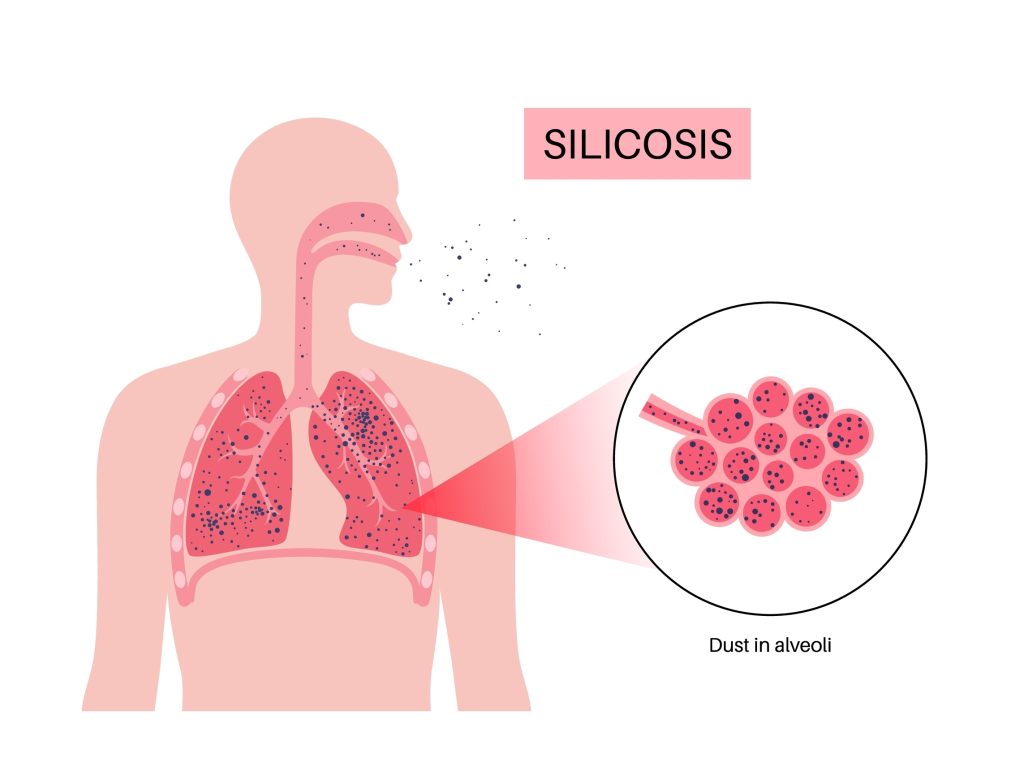
Kevin says he and the other employees were made redundant without an apology and has since seen his health deteriorate rapidly since his diagnosis – and will most likely never be able to work again.
“…Over the COVID period, I saw my health decline rapidly. I went from taking long walks to waterfalls and walking 5-10 kilometres to cutting my walks in half, needing frequent rests to catch my breath. Eventually, I could only walk around the block. One dreadful day, I couldn’t breathe at all, and my daughter had to run home to get the car to pick me up,” he explained.
“My health has deteriorated in many ways. I can’t have long conversations without my lips turning purple from lack of oxygen. I’ve developed Raynaud’s Syndrome, causing my fingers and toes to suffer from poor circulation. I feel the cold intensely, often shivering despite having the heater and blankets on.”
Australian Workers Union Victoria secretary Ronnie Hayden says the unfortunate plight of Kevin and his colleagues demonstrated the need to eradicate further health hazards related to other silica dust in industries and hold those who dodge safety protocols accountable.
“This isn’t just about individual cases; it’s about holding negligent companies accountable and ensuring that no more workers are sacrificed for profit,” he said.
“We are demanding justice and sweeping changes to protect every worker from the deadly risks of silicosis. Sibelco and many other companies out there show a blatant disregard for safety, and this must stop. We will not rest until it does.”

